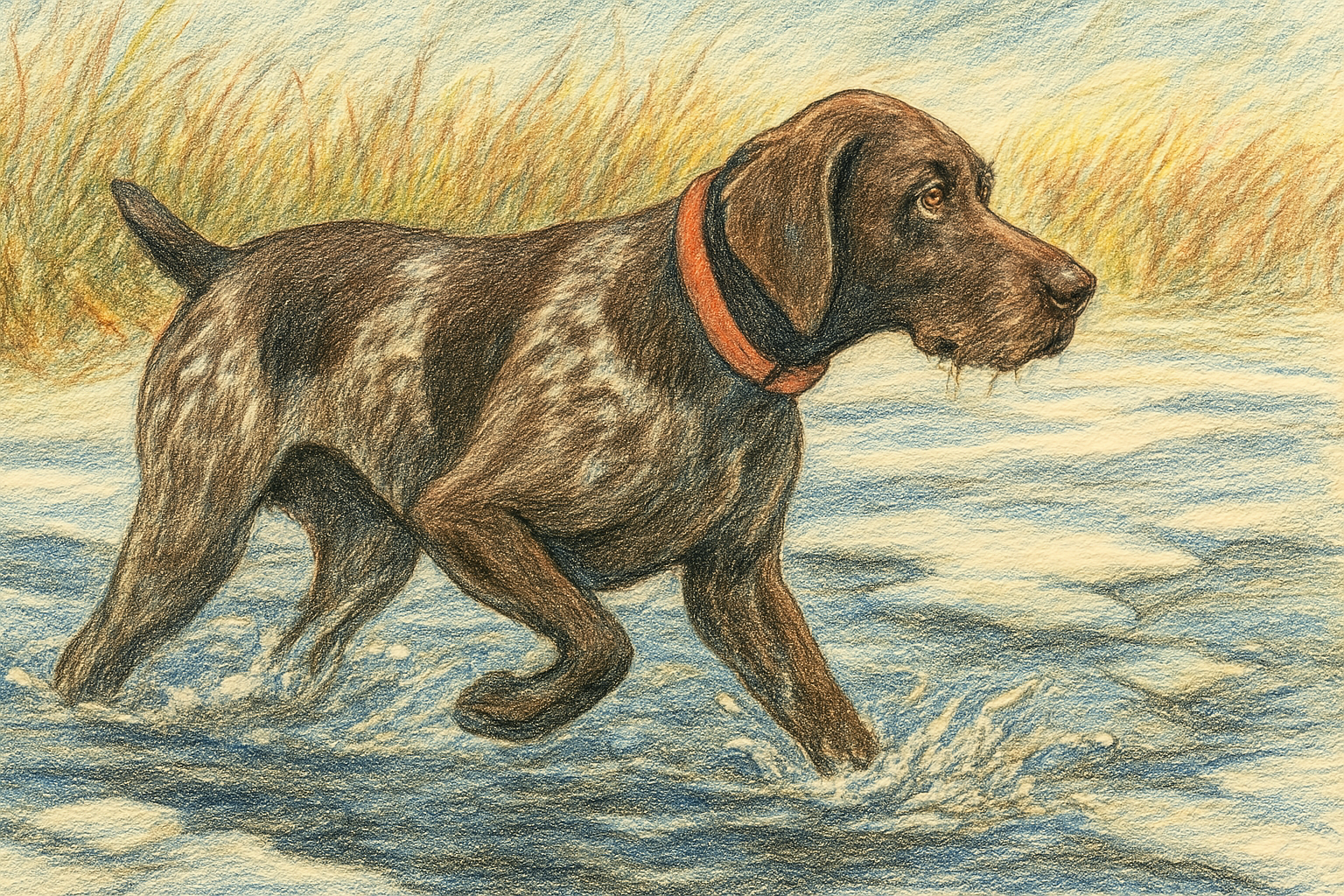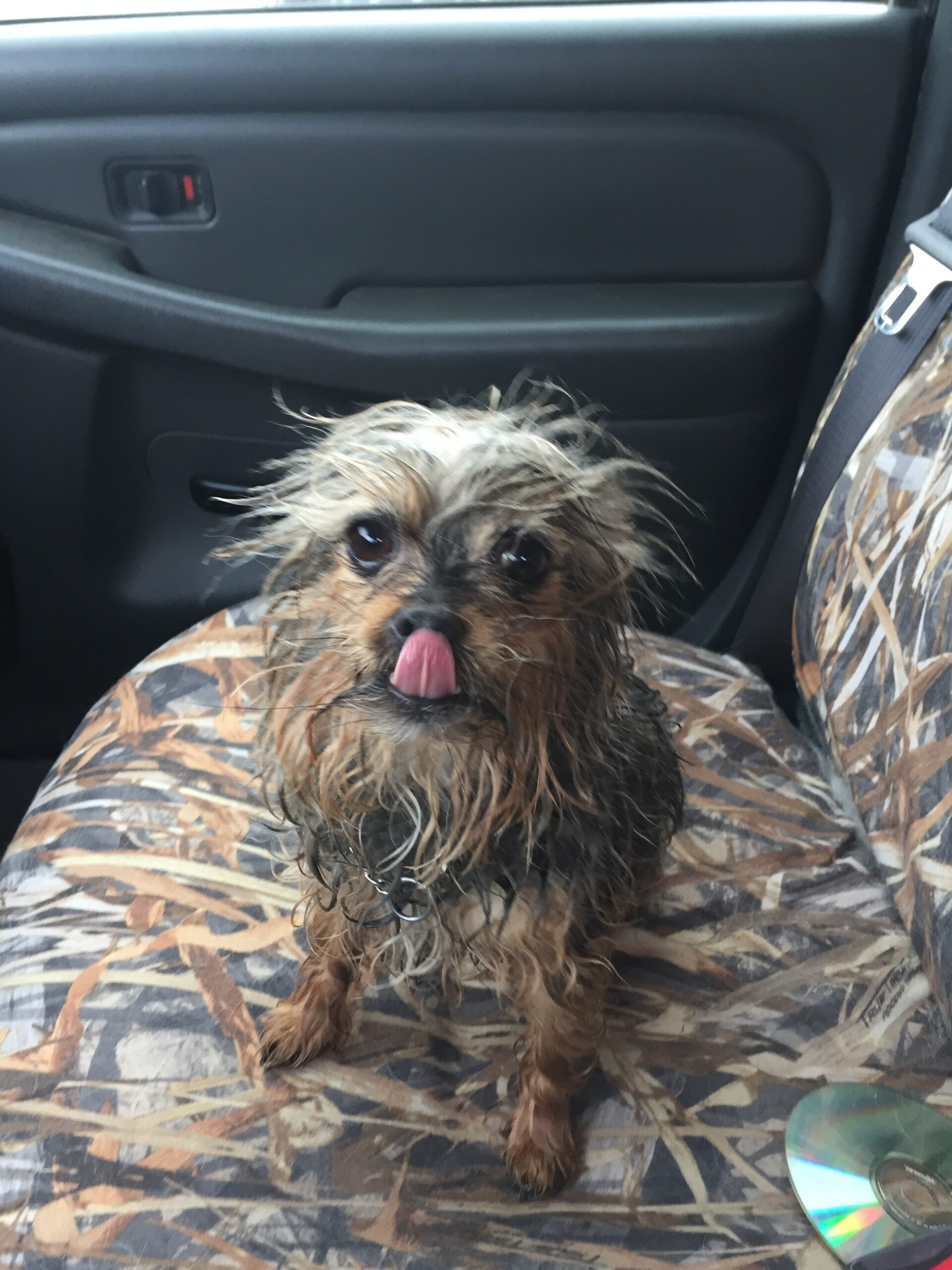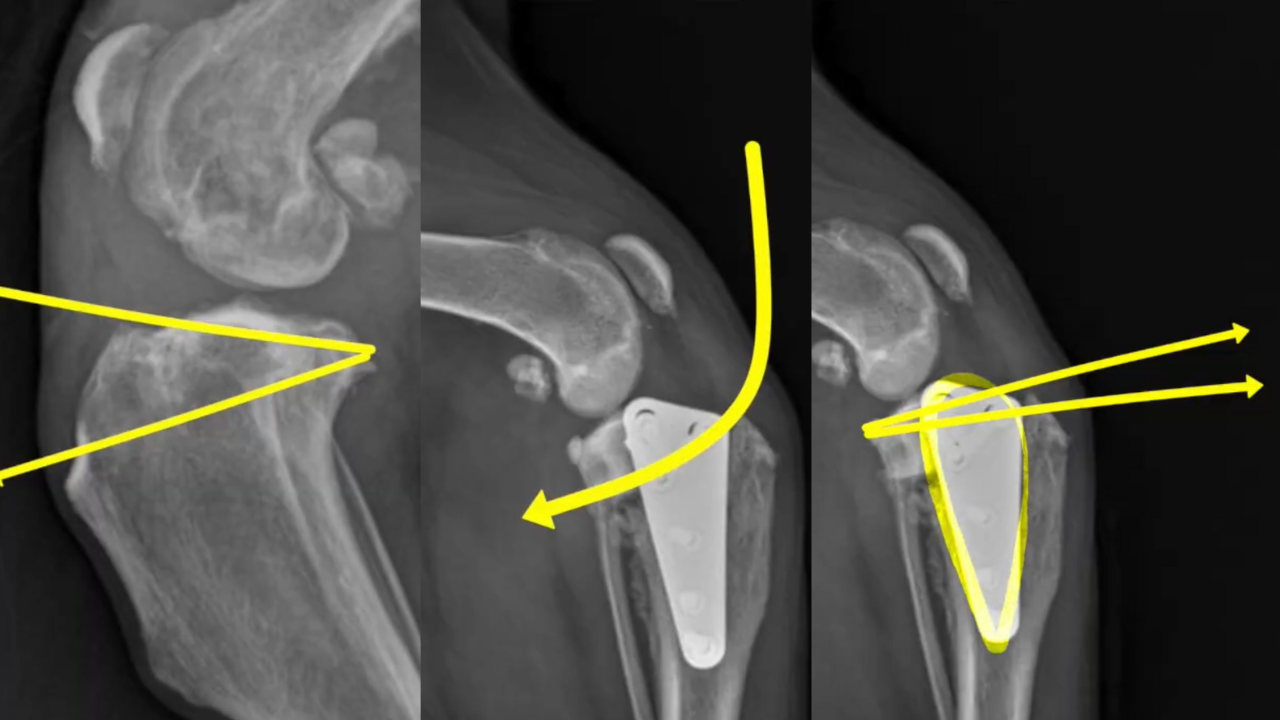Why your dog’s best care starts with a vet who lives and breathes veterinary medicine
One of the most common questions I get during seminars and webinars is, “How do you find a good hunting dog veterinarian?” It’s usually followed by some version of “There just aren’t any where I live,” or frustration over a vet who doesn’t seem to “get it.”
It’s a fair question—and one I’ve hesitated to write about. I don’t want to come off critical of my colleagues or sound like I’m preaching from a pedestal. But it’s an important topic, and if you care about your dog, it’s worth digging into.
Start with Yourself
Ironically, the first place to start looking for a vet that fits your needs is by taking a good look in the mirror and being honest about what you’re looking for as a dog owner. Just like there are all kinds of vets, there are all kinds of dog owners—especially in the hunting dog world. There are those who treat their dogs as tools and won’t spend a penny beyond the basics, and others whose lives revolve around their dogs and will spare no expense to keep their hunting dog healthy. Most owners fall somewhere in between.
Early in my career, it frustrated me that not every hunting dog owner was a “do-everything” kind of person. I’ve built my career, hobbies, and free time—heck, even met my wife—because of athletic dogs. I assumed that anyone who experienced the amazing places and memories these dogs open up would do anything to keep them healthy. The cold truth is: that just isn’t the case. Over the years, I’ve seen plenty of folks talk a big game online or at training days, only to find out they’re driving two towns over to find the cheapest care. They will do their best to try to justify it however they can, but at the end of the day, those choices are about dollars and cents—not the dog’s health.
Not All Vets Are Created Equal
Thankfully, there are vets across that same spectrum. One of the biggest shocks of my life was getting into vet school and realizing that not everyone there was an animal nut like me. I’ve met more veterinarians than I care to admit who don’t even seem to like animals. Some of them just enjoyed science and ended up in this field for reasons other than a deep love for pets. That used to bother me, but I’ve come to realize we need a range of care options to match the range of pet owners. I’m not a good fit for every client, and not every client is a good fit for me.
The issue is, no vet advertises as the “cheap vet that cuts corners” or the “super nice vet who doesn’t know much but still charges a lot.” Look at our Facebook pages—we’re all “compassionate, caring providers offering cutting-edge care.” Sorry to burst any bubbles, but we definitely are not all that. Providing great customer service and truly high-end medical care is hard. Those practices exist—I’ve been lucky to work in a few—but they’re the exception, not the rule. There are plenty of schmoozy vets who aren’t very good and plenty of excellent vets teetering on burnout who may not have the sunniest bedside manner.
A Hunting Vet vs. a Vet for Hunters
It’s a challenge to find a vet who fits your needs. And when you add hunting dogs into the mix, it gets even trickier. I’ve seen attempts to build databases of “hunting dog vets,” and honestly, that makes me cringe. I’ve interviewed dozens of vets over my career and managed a practice with a ton of hunting dogs. When evaluating candidates, not once have I asked, “Do you hunt?” You’re looking for a good vet, not a hunting buddy. I know plenty of veterinarians who hunt and even a few influencer-types, but hunting or owning a hunting breed doesn’t automatically make someone a good vet.
In this era of social media, I’ve seen plenty of vets who seem more interested in being influencers than being sporting dog vets. Others will focus their efforts on selling first-aid kits or offering reproductive services to prove their “cred.” Not to dismiss those services—they’re valuable—but you want knowledge, not a product pitch. Repro work is necessary, sure, but most hunting dog owners will never need it, and it’s not unique to canine athletes. These can be shortcuts to looking like a sporting dog vet—I know because I explored those paths early on myself.
The 10,000-Hour Rule: What It Takes to Become an Expert
I often talk with young associates about what it takes to become an expert and reference Malcolm Gladwell’s Outliers, where he introduces the “10,000-hour rule” based on Anders Ericsson’s research. The idea is that it takes about 10,000 hours of deliberate practice to become an expert. Some argue it’s closer to 20,000–25,000 hours. These numbers aren’t exact for every field, but they provide a useful frame of reference.
So let’s break that down. If someone works a “balanced” 40-hour week for 48 weeks a year, they hit about 1,920 hours per year, meaning it’ll take them a little over five years to reach 10,000 hours—assuming no major interruptions (like parental leave, health issues, or lots of time in the field). Realistically, in vet med, the average workweek is now more like 30–35 hours, which means it’ll take even longer.
Now take a 60-hour workweek, which was more typical 10–20 years ago (and certainly was for me). At 60 hours/week x 48 weeks, that’s 2,880 hours per year and that gets you to 10,000 hours in about 3.5 years. For 25,000 hours, that same 40-hour/week vet will take over 13 years, while the 60-hour/week vet will take a little over 8 years.
And this doesn’t even count the extra, off-the-clock hours. The vet who’s on a slower path often sets firmer boundaries on work-life balance. The vet on the fast track is often reading, researching, and learning during their “off” hours too—which accelerates their growth, even if it doesn’t show up on a timecard.
Why Passion Matters More Than Hobbies
The older I get, the more I believe this. In vet school, the best clinicians were the ones who had practiced in the real world and then returned to teach. They were miles ahead of those who had never left academia. The same is true for industry veterinarians. Often times veterinarians in industry will talk about how they still practice, the truth is it is maybe a shift or two a month, so about 10-20 hours a month on the high end. At that rate, it is going to take them a long time to become a clinical expert. Usually within moments of talking with an industry vet I can tell if they practiced for years, and then went to industry, or have spent their entire career in industry. Again, we need all flavors of veterinarians, we are not all experts though.
For much of my career, I worked full-time clinic hours—plus every other or every third Saturday—for the first 15 years. My free time was spent building Gundogdoc.com and the consulting business it resulted in. Even hobbies like running expanded my understanding of performance, and I started a PhD in human performance before switching to pursue board certification with the American College of Veterinary Sports Medicine and Rehabilitation. I didn’t do a traditional academia-based residency; I worked full-time while chasing that dream in my out of clinic hours. From 2001 to 2020, most of my waking hours were devoted to veterinary medicine. I still practice, but for the last several years it has not been at the same intensity it was for the first 20 years.
While I sometimes wish I were younger for the sake of my kids, the timing worked out—I was able to give everything I had to becoming the best vet I could be before shifting my priorities. People talk about work-life balance like it’s a daily goal. I think it’s more like a lifelong rhythm. There are seasons when you work really hard so that, later, you can downshift.
My wife took a similar path. She’s a board-certified specialist and has lived with hunting dogs for over a decade. She doesn’t know much about decoy spreads or prairie chicken cover, but she’s the first person I call for a second opinion. Our common thread, going back to toddlerhood, is a lifelong love of animals. While my heart is with hunting dogs, I get just as excited to see a herding dog, detection dog, agility dog—any canine athlete. I just love dogs.
What to Actually Look for in a Vet
So back to the original question: the process starts with you. If you want a hunting buddy, then yes—whether they hunt may matter. But if you want a good veterinarian, that shouldn’t even be on your list. Whether I’m hiring or helping someone find a vet, here’s what I look for:
- Quality of medicine. AAHA certification is a solid starting point. What diagnostics do they offer? Do they perform more complex surgeries? Are they using proven science or just fancy gadgets?
- Vet background. I’m looking for evidence of dog nerdiness. They don’t have to hunt—but if they love dogs, own dogs, hike with dogs, compete with dogs—that’s gold. If their bio says nothing about dogs or says they don’t own one, that’s a red flag.
Years ago, we were hiring and I nearly passed on a young vet with a horse background. Her resume made me believe horses were her first love. She was married to the nephew of a longtime client, so I took the call. Within minutes, I told Krista we were hiring her. Krista thought I was joking. I wasn’t. The passion was obvious. Ironically, she hadn’t grown up with horses—her parents started a therapy riding program after she went to college. That vet turned out to be one of the best I’ve ever worked with. The reverse happens too—we assume someone’s a great vet because of their hobbies, say like the fact they hunt…it doesn’t always hold true.
That same associate once knitted a feeding tube collar for a hospitalized cat after a long day of tough cases. Her bio at her current practice reads, “she has been an animal lover her whole life.” That’s the kind of person you want to be your veterinarian. For a good vet, this isn’t a 9–5 job—it’s a lifestyle.
This Isn’t Just a Job
Finding a good hunting dog vet isn’t about finding a vet who hunts. Yes, those vets exist. But you’ll be better served by finding a good veterinarian—someone who loves the profession and lives it. There may be some bumps as you look, and you might need to “interview” a few.
When I needed hernia surgery, I interviewed five surgeons. A friend recommended one who was a triathlete since at the time I was running marathons and triathlons. When I met him, he talked at length about being tired from skiing in Vail and all the other out of clinic activities he did. That was all I needed to hear—his passion wasn’t surgery it was being physically active. I finally found one who told me, “I don’t have hobbies. I mostly operate.” That was my guy. The day after my procedure I was out moving snow, and I haven’t had an issue since.
This might sound harsh, but to be good at something, you usually have to sacrifice in other areas of life. I don’t regret my path. It was my childhood dream to become the professional I eventually became. Whether I’m looking for a surgeon, a lawyer, a house painter, or a tree trimmer—I want someone who lives, and loves, their work.
Final Thoughts: Choose Passion Over Persona
If you want the best care for your hunting dog, don’t look for a veterinarian who hunts—look for a veterinarian who loves veterinary medicine. You may have to “interview” a few to find the right one, but when you do, your dog will thank you.



